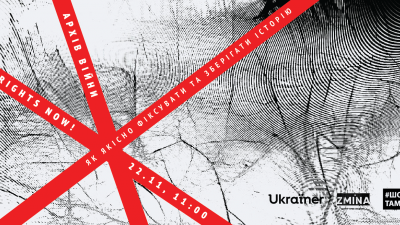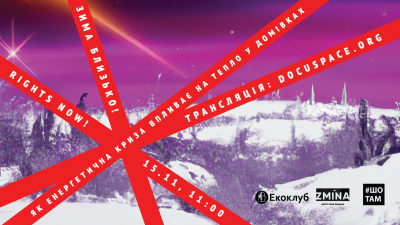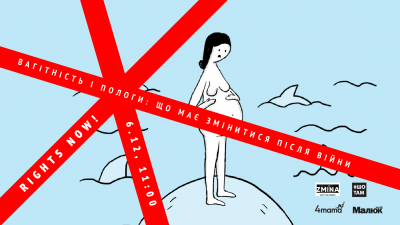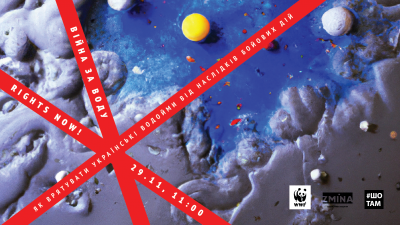
broadcast recording
When Russian troops were entering Ukraine, the famous playwright Andriy Bondarenko wrote a play about life interrupted by the war. He focuses on his family’s life. The peace and tranquility which the author knew since childhood are succeeded by historical trauma, revolutions the war. And now, as an adult, Andriy faces a threat witnessed by the previous generations of his family. These thoughts were embodied in a single-act play written in response to the events that were unfolding.
To accompany this screened version of the play, filmmakers Myro Klochko and Anatoliy Tatarenko use photos from Bondarenko’s life, imagining people who inhabited it and thus the people of Ukraine. The result is an act of artistic expression, memory and, in the end, resistance.
The film was made in March 2022 during Russia’s full-scale invasion of Ukrainian territory. It is simultaneously a lively emotional response to the events of today and a history of a family which the authors successfully set in the context of the history of Ukraine.
Myro Klochko, Anatoliy Tatarenko
Noa Birksted-Breen
Andriy Bondarenko

broadcast recording

broadcast recording

broadcast recording

broadcast recording
broadcast recording